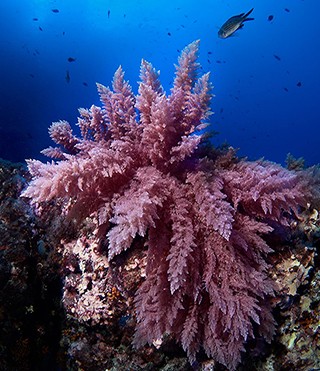
Feeding the land from the sea FOR CLEANER AIR
Notice: Undefined index: options in /home/xs999583/sustainaseed.net/public_html/db.sustainaseed.net/wp-content/themes/dlist/inc/directorist-support.php on line 318
Notice: Trying to access array offset on value of type null in /home/xs999583/sustainaseed.net/public_html/db.sustainaseed.net/wp-content/themes/dlist/inc/directorist-support.php on line 318
Notice: Trying to access array offset on value of type null in /home/xs999583/sustainaseed.net/public_html/db.sustainaseed.net/wp-content/themes/dlist/inc/directorist-support.php on line 318
What we do
Burping cows are a major contributor to global warming. Methane is released whenever cows belch. And with a global herd of more than 3 billion animals, contemporary agriculture is the world’s largest source of man made methane production with a warming effect greater than all the world’s cars, planes and ships combined. But what if there was a way to stop cows from burping?
Adding just 0.4% supplement of Asparagopsis seaweed to cattle feed is shown to cut methane outputs up to 99% while increasing yields. But with such a vast global herd, we need to find a way of growing Asparagopsis at a massive scale that is both sustainable and practical.
Which is why CleanEyre Global is researching the most effective and sustainable way of bringing the Asparagopsis benefit to producers.
Company's story
There are two main varieties of Asparagopsis, Armata which grows in temperate waters and Taxiformis which prefers tropical and subtropical waters. There’s only one place in the world where both varieties grow. South Australia’s Eyre peninsula. As France’s “Burgundy” region is to wine, the Eyre Peninsula is to seaweed cultivation, a location that offers the high salinity, high calcium waters that Asparagopsis thrive in. There could be no better environment for researching cultivars of this algae. But what makes this place even more appealing was the large scale shellfish industry that had already put in place the infrastructure needed for the cultivation of algae. With hatchery facilities in Franklin Harbour and Coffin Bay, the opportunity to successfully propagate and access producers at scale led to the development of CleanEyre Global.
General Information
Gallery


